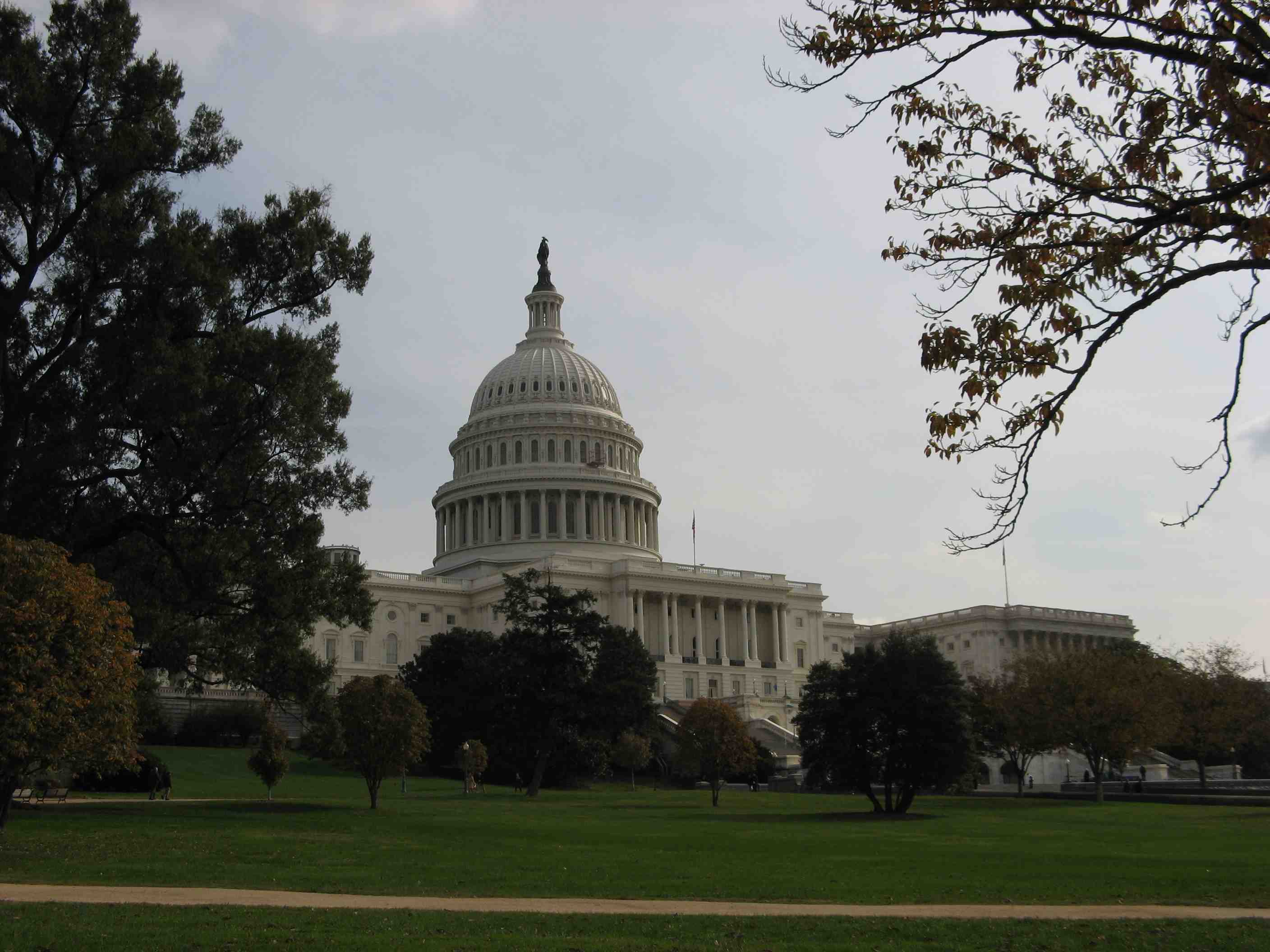Whenever we take the time, we are better able to see that all issues are anchored by deep issues. That’s the kind of day it was for me today.
I’m in Washington D.C., attending the Consumer Rights Litigation Conference sponsored by the National Consumer Law Center. NCLC is an invaluable resource for those of us who advocate and litigate for consumer rights. At one of the afternoon sessions today, I had a chance to hear a panel of consumer advocates discuss recent developments in federal law regarding consumer rights.
It’s quite depressing, for the most part. You see, well-monied corporate financial interests own Congress. Consumer rights are on the ropes. Many industries are free to lie, cheat, steal and to impose onerous terms on consumers, thanks to the best federal laws money can buy. They do this through corporate immunity, preemption and the imposition of mandatory binding arbitration before biased arbitrators. All of these were gifts from Congress in return for huge amounts of money contributed by lobbyists.
I’ve been to Washington D.C. several times before, and I’ve always reveled in the history and the architecture.

Now, I can’t help but feel ambivalent. It’s a city awash in immense amounts of corrupt money.

We are a country that preaches that the People are the government, but that is less true than ever. If you don’t believe me, just try to call your Congressional representative, mentioning that you are a concerned citizen. See if you can get five minutes with him …



